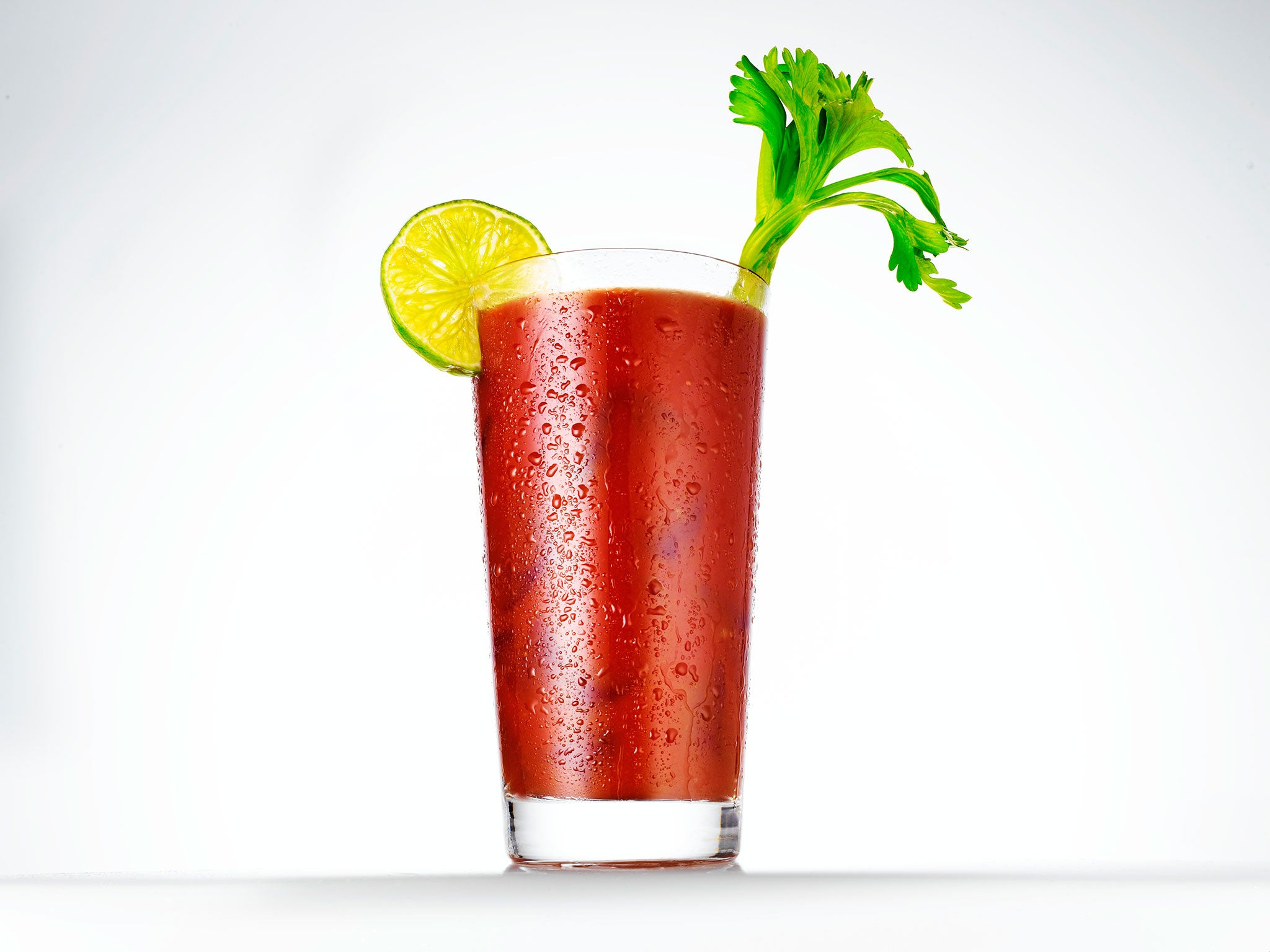Samuel Muston: Cold-press juicing equals cold hard cash

When looking for a symbol of how much the cold-press juice business has grown in the past year, one only needs to take a trip to one of the three Selfridges stores around the country. Take, for instance, the Oxford Street shop. Stand outside long enough and you soon notice that among the yellow flashes of the pantone 109 bags, there is something greener in the hands of the sale-goers. Shoppers troop out of the store with little plastic receptacles containing deep green concoctions.
Perhaps they have the Highland watermelon and basil cold-press or maybe they've plumped for the orchard pear and spinach version (both an eye-watering £6.50) – either way, they likely got it from the UK's latest cold-press juice shop The Juicery, which has a "pop-up" on the store's roof along with the restaurant Q.
With Juicality serving Manchester's cold-press needs, 42 Juice covering Brighton and the South and a host of other juice bars operating in and around the capital, cold-pressing is growing faster than a field of Highland watermelons. Even as I write those words, it seems rather extraordinary, a tad unbelievable, because three years ago the only people drinking, and then gushing about, cold-press juice were either crusty raw-food types or Hollywood celebrities doing one of those cleanses where you exist entirely on kale juice.
Somewhere in those three-ish years, a realisation took place: you didn't have to be starving yourself for silver screen perfection to see the benefits of a vitamin and nutrient-rich drink. You could, you know, drink juice AND eat. And thus an industry was born.
Today, in the US, the value of that industry is worth hundreds of millions of dollars and Starbucks, which owns the Evolution Fresh brand, recently invested $70m in its own juicery.
It wasn't always so. Originally, the vogue was for buying your own, rather expensive, juicer and making concoctions at home. The problem with that was two-fold, and I speak from brief experience here: first, you need loads of veg and fruit to make even the slimmest dribble of juice; and second, even if you had shelled out for a super-expensive juicer, you still, in all likelihood, end up making a bloody mess.
Which is why, as Cindy Palusamy, founder of The Juicery, makes clear, people turned to buying in their juice. "The demand for cold press has been driven by both health and nutrition concerns – as well as convenience," she says.
The health benefits are what people are most effusive about. Some claim that cold-pressing, rather than using rotary blades that inevitably heat up, means that "live enzymes" aren't denatured. There is little evidence for this.
However, the century-old process of cold-pressing – which involves grinding vegetables and fruits, putting them into a permeable pouch and then crushing out every last drop of nectar until what's left is almost dry – means that you really are getting every last bit of both flavour, and more importantly, nutrients, out of the fruit and vegetables.
It is in this vein that you can now, should you wish, buy raw cacao cold-pressed chocolate, a process which has more in common with the juicing procedure than "cold-pressed" coffee, which is probably more accurately referred to as "cold-steeped" coffee.
Still, inaccuracies aside, the fact that people want to appropriate the cold-pressed mantle, with all its potential for healthier, tastier products, indicates that this is one food trend that is likely to go on longer than that Selfridges sale.
Join our commenting forum
Join thought-provoking conversations, follow other Independent readers and see their replies
Comments
Bookmark popover
Removed from bookmarks